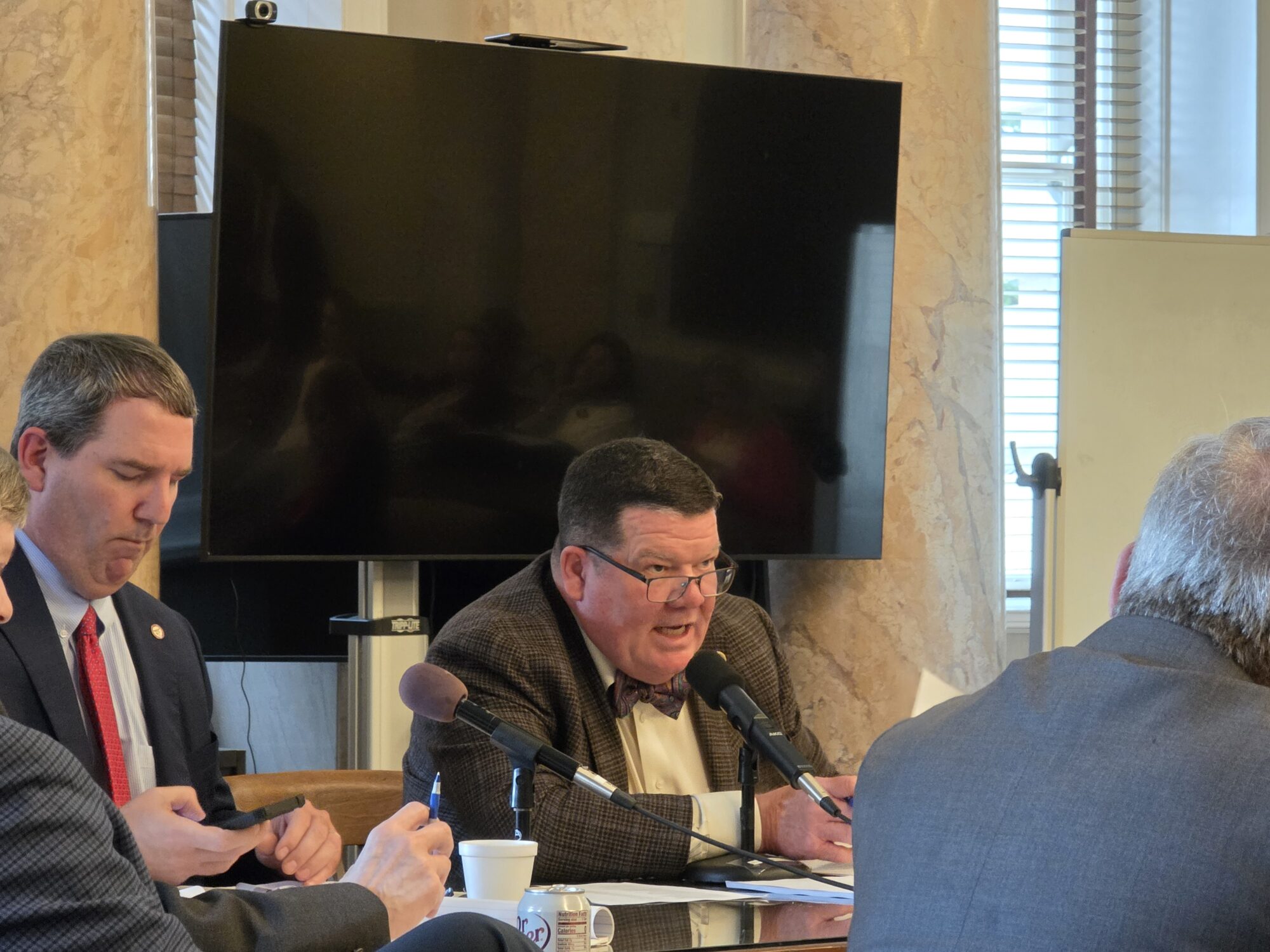
Mississippi Gulf Coast Community College has ordered that the school’s branch of the Mississippi College Republicans make their Facebook page private, or else face disciplinary action, according to Campus Reform.
MGCCC’s social media policy requires student organizations to ask for permission before starting any social media account and adhere to strict guidelines.
Part of those guidelines states that pages are preferred to be private over public. But a quick search for MGCCC clubs on Facebook reveals that several MGCCC clubs’ pages are not private, such as the MGCCC Stem Club, MGCCC Zombie 5K Run page, MGCCC Outdoor Recreation, and others.
Ray Lee, president of the MGCCC chapter of College Republicans argued to Campus Reform that the group’s Facebook name “Gulf Coast College Republicans” does not suggest an association with the school.
“The college has no jurisdiction over what I can and cannot do, concerning my social media sites,” Lee said in the article. “In my opinion, the college’s policy, which requires a private page, is unconstitutional as it is. It challenges our First Amendment right to freedom of speech, and we will not give in. This is bureaucracy at its finest.”
The Mississippi Federation of College Republicans also commented on the situation, stating that MGCCC is disregarding the First Amendment.
“The administration at MGCCC has acted with blatant disregard for the First Amendment rights of their students,” Fletcher Freeman, chairman of the MFCR, told Campus Reform. “We hope to see the administration remove these policies and allow all students and student organizations to freely exercise their First Amendment rights.”
The University responded quickly to the Campus Reform story in an email that was released to the faculty.
Good morning,
Two years ago, the college began a process to identify and close social media pages using the name and/or logo of Mississippi Gulf Coast Community College (MGCCC) that were no longer being maintained. While working through this process, a social media committee researched and drafted a social media policy that would prevent the creation of additional official MGCCC pages. From a pure marketing perspective, the committee believed the policy would help the college have a larger college following that would, in turn, reach larger audiences. This has proven to be a successful strategy and has allowed us to respond to college inquiries in a timely and accurate manner.
It is not, nor has it ever been the intent of MGCCC to infringe upon the free speech rights of any student, student group or organization, or college employees. While It is unfortunate that some college policy and practice has been interpreted as such an infringement, the college seeks only to improve upon its policies and practices. The college has immediately begun a review and revision of its social media policy and implementation practices. Until such time as the policy can be revised in such a manner that no interpretation contrary to intent can be made, the college is suspending its social media policy. As always, we support our students and employees and welcome your feedback regarding our current policy. Please reach out to Dr. Suzi Brown (suzana.brown@mgccc.edu) if you would like to discuss any concerns you may have regarding your use of social media as it relates to the existing policy.
Mississippi Gulf Coast Community College is committed to the idea that college campuses are a marketplace for ideas and a birthplace for thought. MGCCC stands firmly against suppressing any student voice. We applaud students for standing up for their rights and beliefs. MGCCC has begun a thorough review of the policy and will make any necessary changes to reinforce every student’s right to be heard.
Sincerely,
Mary S. Graham, Ph.D.
President
Campus Reform released a follow-up article praising MGCCC for the quick change to the policy.
Adam Steinbaugh, director of the free speech nonprofit Foundation for Individual Rights in Education’s individual rights defense program, told Campus Reform that the college should be applauded for taking quick action on the policy which raised “serious First Amendment concerns.”
“The college should be credited with coming to its senses quickly and meaningfully, as it has pledged to stop enforcing the policy immediately,” Steinbaugh said. “MGCCC should use this as an opportunity to survey its policies to ensure that they’re protective of student and faculty speech rights — and other institutions should look at their own policies, as well.”











